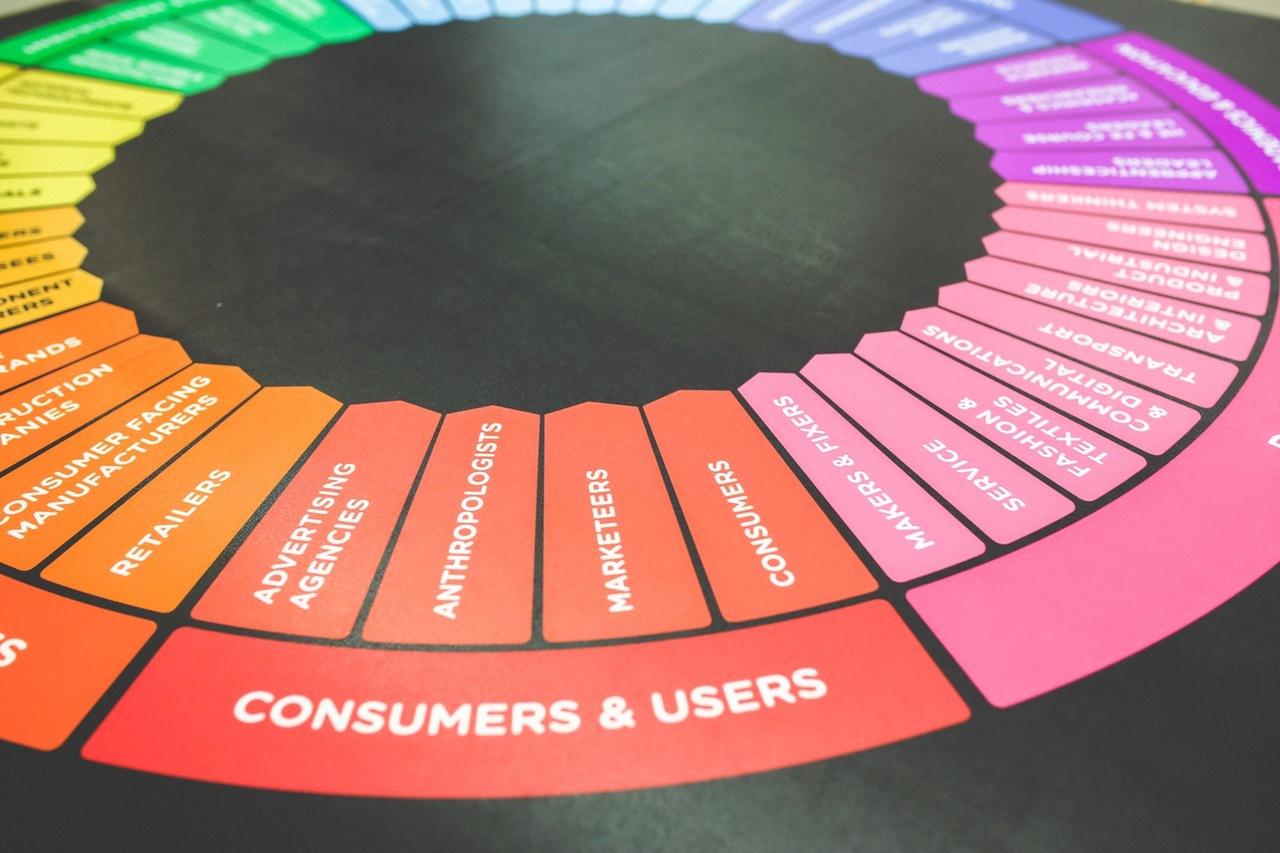
By Liz Bardetti
Although more businesses are seriously engaging with corporate social responsibility (CSR), the public is becoming more skeptical of their efforts. In a recent survey, 52 percent of consumers said they need to see proof of a company’s CSR initiatives in order to believe them. Why is this happening? Unfortunately, it’s largely a case of a few companies ruining it for the rest of them.
Rather than just making a profit, 90 percent of consumers expect companies to address social and environmental issues. CSR builds trust with employees and consumers, but are companies interested in that for the right reasons? Are they genuinely interested in making a better world, or are they interested in the profits that come from increased employee engagement and customer trust? That’s where public skepticism starts.
As you might expect, this creates a tough time for businesses that genuinely care about CSR and making a difference in the world. They now face the challenge of effecting real change and convincing the public that they’re actually doing what they say.
Top execs set the tone
It all starts with the CEO of a company: the big cheese, the main event. He or she is the face of the business, so they need to be behind the vision. Remember that social justice is no longer off limits to business like it once was. In 2014, 80 percent of the public said that corporations should take action to address important issues facing society, and that number is rising.In order to combat public skepticism, CEOs need to find a cause that they truly care about and commit to it on a personal level. Businesses often focus on differentiation through CSR efforts, which makes them stand out from others. What CSR should really affect is identification, which allows consumers to identify with a business and relate to its’ values. Perhaps that’s why Microsoft, so closely associated with CEO Bill Gates, is one of the highest ranked companies for CSR.
Vision is crucial, but it has to be realistic
Let’s look at Volkswagen as a great learning opportunity. Previously ranked one of the best companies in the world for CSR work, Volkswagen lost credibility when its emissions scandal came to light. All of the automaker's CSR work was swiftly forgotten.“It takes 20 years to build a reputation and five minutes to ruin it. If you think about that, you'll do things differently.” - Warren BuffettCSR visions fail when goals are in direct conflict with the company’s business practices. Corporations don’t need to practice precisely what they preach, but they also can’t be working against their own goals. This can be difficult for CEOs, because they must care about both CSR and their bottom line. What they need to realize is 90 percent of global consumers would switch brands to one that is associated with a good cause. Trust in a true vision for CSR and consumers are sure to follow.
Be transparent and address issues head on
No company wants to showcase their issues, but being picture perfect isn’t ideal either; If everything is too perfect, it becomes suspicious. Instead, what companies should do is be completely clear and open about their practices and their CSR initiatives. When all cards are on the table, businesses don’t have to worry about being called hypocritical or accused of being liars. When problems do pop up, companies should address them openly.One of the greatest examples of CSR transparency is the rags-to-riches transformation of Nike. Only 20 years ago, consumers were protesting outside their stores with accusations of child labor and sweatshop use. The company promised to change and followed through 100 percent. In fact, by 2020, they plan to eliminate all hazardous chemicals from their supply chain.
No company is perfect; issues will come up. What matters to the public is sincerity and how businesses choose to deal with those problems when they arise.
Don’t give up
Companies must pursue greatness with passion and commitment to doing the right thing, not just projecting a good image. In short, to truly convince the public that a company is out to do good, the company has to actually care about doing good. The public may be skeptical, but the best way to fight is to truly do great things. Regardless of public perception, the world would be a much bleaker place without CSR.Image credit: Pexels
Liz Bardetti is a seasoned advertising and marketing professional with 15+ years experience, including work for Gatorade, Welch’s and most recently, CyberGrants. CyberGrants is the preferred CSR software provider to the best philanthropic corporations around the globe. Our clients represent over 50% of the Fortune 100 and nearly one-third of all corporate giving. In the last twelve months alone, CyberGrants helped 250 customers give $6.5 billion plus more than 50 million volunteer hours to over 400,000 non-profit organizations.
TriplePundit has published articles from over 1000 contributors. If you'd like to be a guest author, please get in touch!














